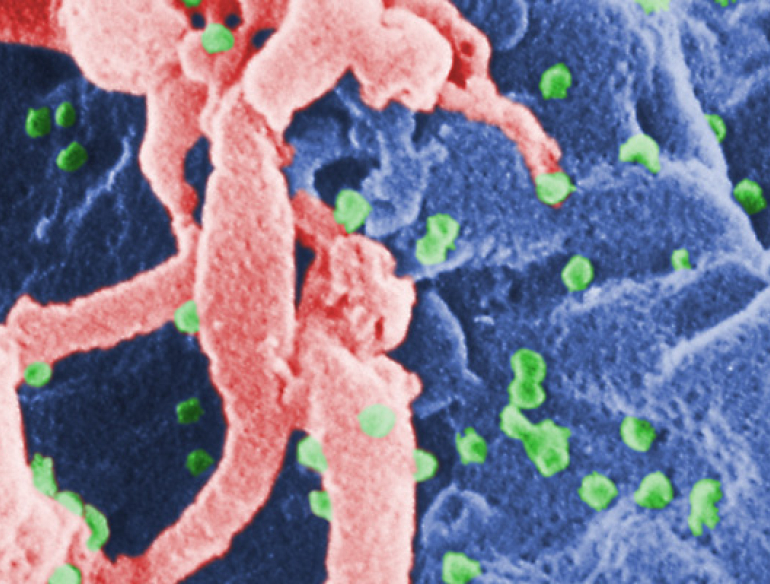No other study has the capability of addressing these questions. Based on the initial findings, two scientific hypotheses were formulated:
- Hypothesis 1 (HIV RNA): participants who were randomised to deferring ART until the CD4+ count decreased to 350 cells/mm3 have an increased risk of the primary endpoint during the deferral period, and this risk is nearly completely eliminated once ART is initiated.
- Hypothesis 2 (Nadir CD4+): participants who were randomised to deferring ART to 350 cells/mm3 have an increased risk of the primary endpoint during the deferral period that persists, albeit at lower levels, for 6 years after initiating ART.
The START trial was designed to address the question: In HIV-1 (subsequently referred to as HIV) infected asymptomatic participants with a CD4+ count greater than 500 cells/mm3, is immediate use of antiretroviral therapy (ART) superior to deferral of ART until the CD4+ count declines to 350 cells/mm3 or AIDS develops in terms of morbidity and mortality? The study is being conducted at 237 sites in 35 countries. Global enrolment closed with 4,688 participants enrolled.
On May 15, 2015 the independent Data and Safety Monitoring Board (DSMB) determined that this question had been addressed. Immediate use of ART provided significant benefit over deferred ART for the primary composite endpoint of START and its two major components, serious AIDS and serious non-AIDS events over an average follow-up of 3 years. The DSMB recommended offering ART to participants in the deferred arm who had not yet started ART. They also recommended continued follow-up of study participants.
The general aim of long-term follow-up is to determine whether the risk of major morbidity and mortality associated with deferral of ART is eliminated once ART is initiated or whether it persists due to the lower CD4+ cell count at ART initiation.
Even though the findings from START unequivocally indicate that immediate ART has substantial benefits on major clinical outcomes compared to deferred ART, longer follow-up, as recommended by the DSMB, is warranted for several scientific and practical reasons. Even though the findings from START unequivocally indicated that immediate ART had substantial benefits on major clinical outcomes compared to deferred ART, longer follow-up, as recommended by the DSMB, was warranted for several scientific and practical reasons. In September 2017, additional funding was awarded to INSIGHT to continue following participants through December 2021 which provided 6 years of additional follow-up (average 9.5 years total from randomisation).
- Copenhagen HIV Programme (CHIP) – Copenhagen, Denmark
- Medical Research Council (MRC) Clinical Trials Unit – London, United Kingdom
- The Institute for Clinical Research at the Veterans Affairs Medical Center – Washington, D.C., USA
- University of Minnesota – Clinical and Translational Science Institute – Minnesota, USA
- Abbott
- Agence Nationale de Recherche sur le SIDA (ANRS)
- Bristol-Myers Squibb
- Division of Clinical Research, NIAID, NIH
- German Federal Ministry of Education and Research
- Gilead Sciences
- GlaxoSmithKline
- Merck Sharp & Dohme
- National Cancer Institute (NCI)
- National Health and Medical Research Council (NHMRC)
- National Heart, Lung, and Blood Institute (NHLBI)
- National Institute of Allergy and Infectious Diseases (NIAID)
- National Institute of Mental Health (NIMH)
- National Institute of Neurological Disorders and Stroke (NINDS)
- National Institutes of Health Clinical Center (CC)
- NEAT – European AIDS Treatment Network
- Tibotec Pharmaceutical Limited
